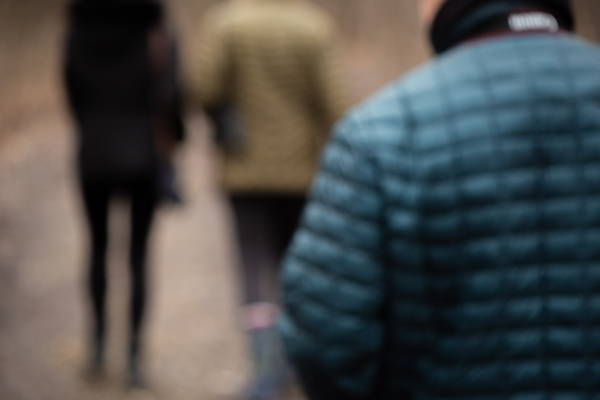It’s important for everyone to take common sense steps to protect their personal safety, and real estate professionals are no exception. In fact, agents can find themselves in potentially vulnerable situations when they meet prospective clients for the first time, during property showings, at open houses, working after dark, and even when driving through unfamiliar neighborhoods. If it’s been a while since you evaluated the safety precautions you take regularly, here are some checklist questions to consider:

Do you have a process in place to notify colleagues, friends, or family members when you’re meeting clients, showing homes, or holding open houses? Someone should always know your exact location, who you are meeting, and expect you to check in with them when the appointment is finished.
Do you ask new clients to fill out an introductory form with contact and background information? Do you ask to photograph or write down the number of a valid driver’s license or other government identification?
When showing homes, do you follow clients from room to room instead of leading the way? Do you avoid following clients into basements, attics, or other areas where you can’t easily exit?
Do you always lock your vehicle when arriving for showing appointments and keep your keys with you? Do you stow away valuables, such as purses and computers, so they are out of sight?
Do you avoid wearing flashy jewelry and accessories when working?
Have you considered using some of the personal safety and self-defense apps that are available for cell phones and tablets?
Have you ever taken a self-defense class or instruction?
Do you ask trusted clients, colleagues, or friends to walk with you to your vehicle at night or when you’re in unfamiliar areas?
Do you have emergency numbers entered into your contacts or favorites on your phone for easy dialing?
Do you trust your instincts and avoid situations that don’t feel right?
Of course, in all likelihood you’ll never have to put into practice a single one of these precautionary steps. Knowing they are in place, though, should help you feel more secure and confident if you ever find yourself in a precarious situation.